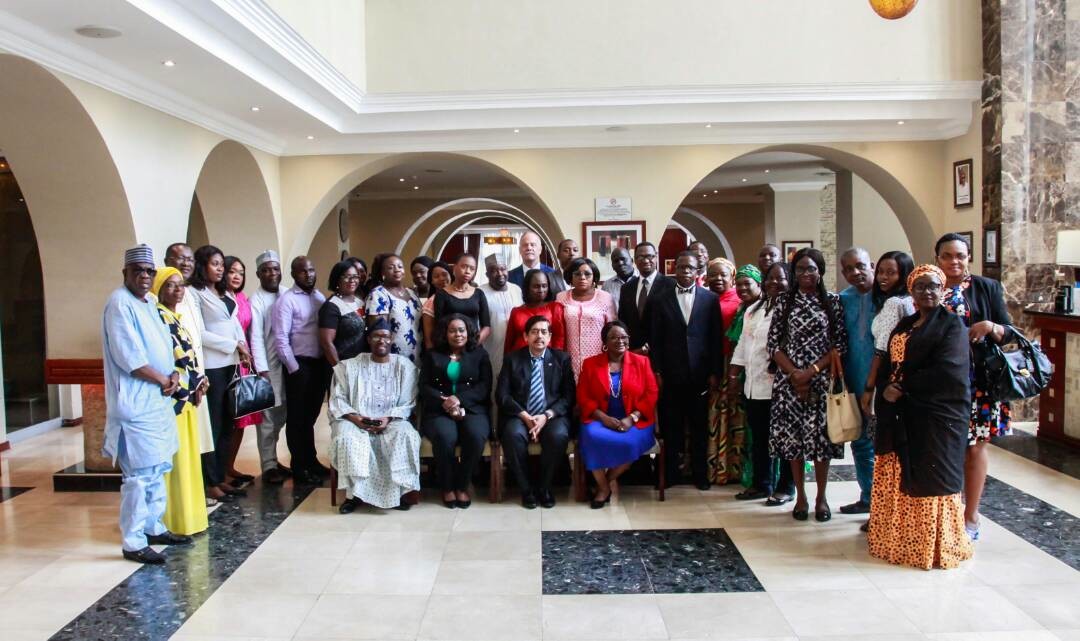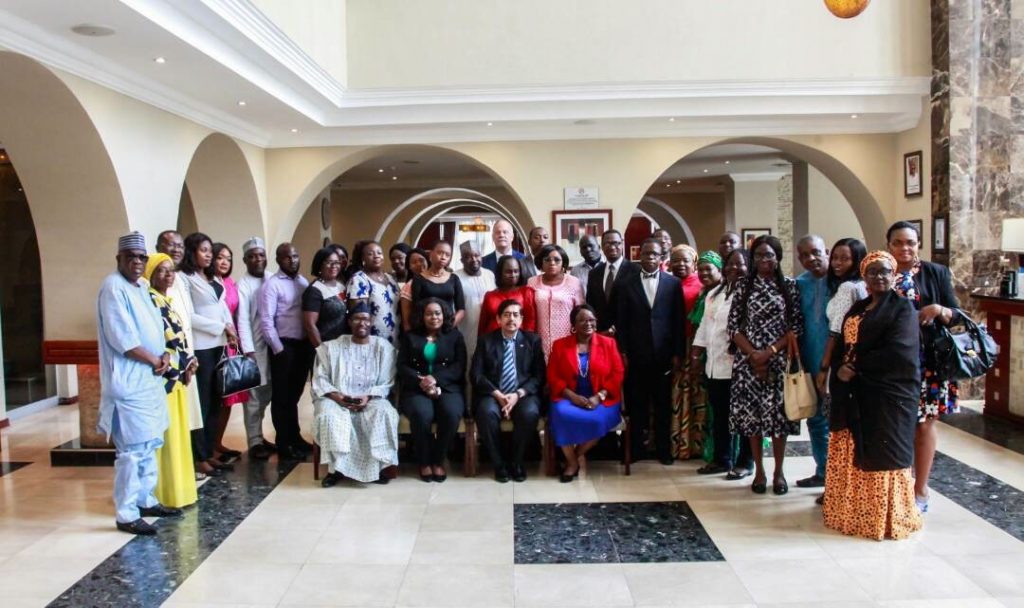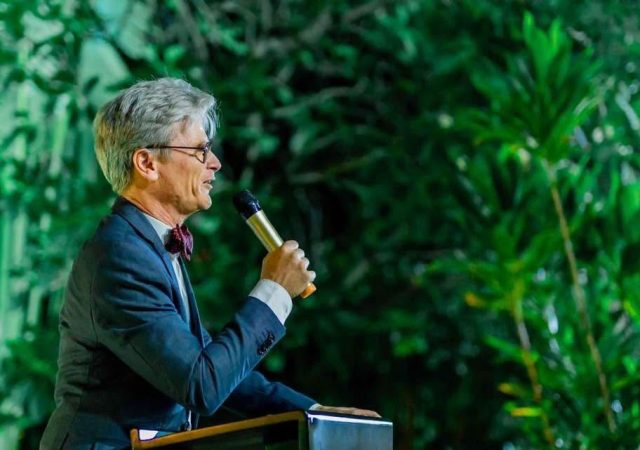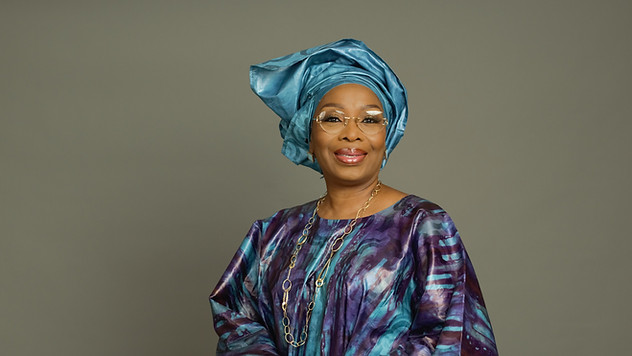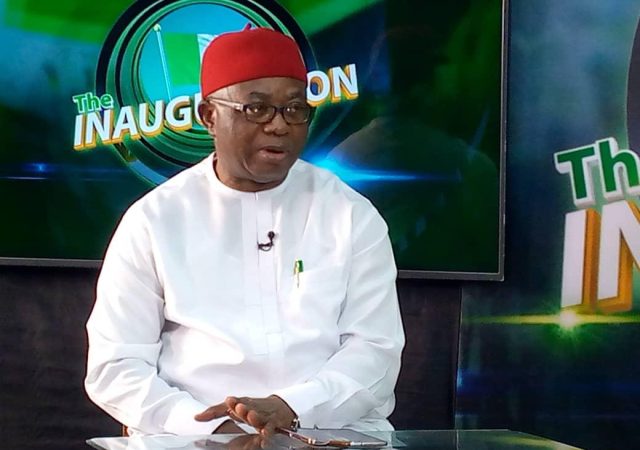
By Sunday Oyinloye
For four years, the United Nations Industrial Development Organisation (UNIDO) has been working hard to improve the competitiveness of Nigerian goods and services both at the local and international market through the National Quality Infrastructure Project for Nigeria (NQIP). Not only this, UNIDO through European Union funding has embarked on vigorous Food Safety campaign which has been taken to many states of the federation.
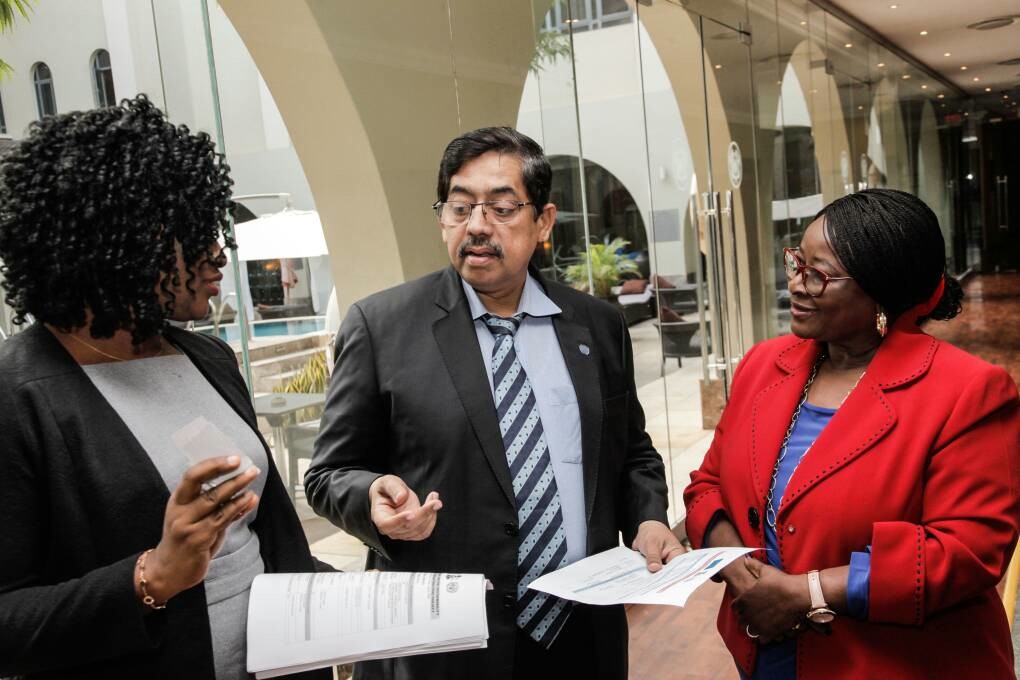
The aim is to ensure from farm to table safety of food being produced in Nigeria. This message is yielding positive results because stakeholders in food chain are carried along in the campaign. Few months back, the National Quality Award was launched. The criteria-based Award was instituted to promote the culture of business excellence in Nigeria and the West African Region.
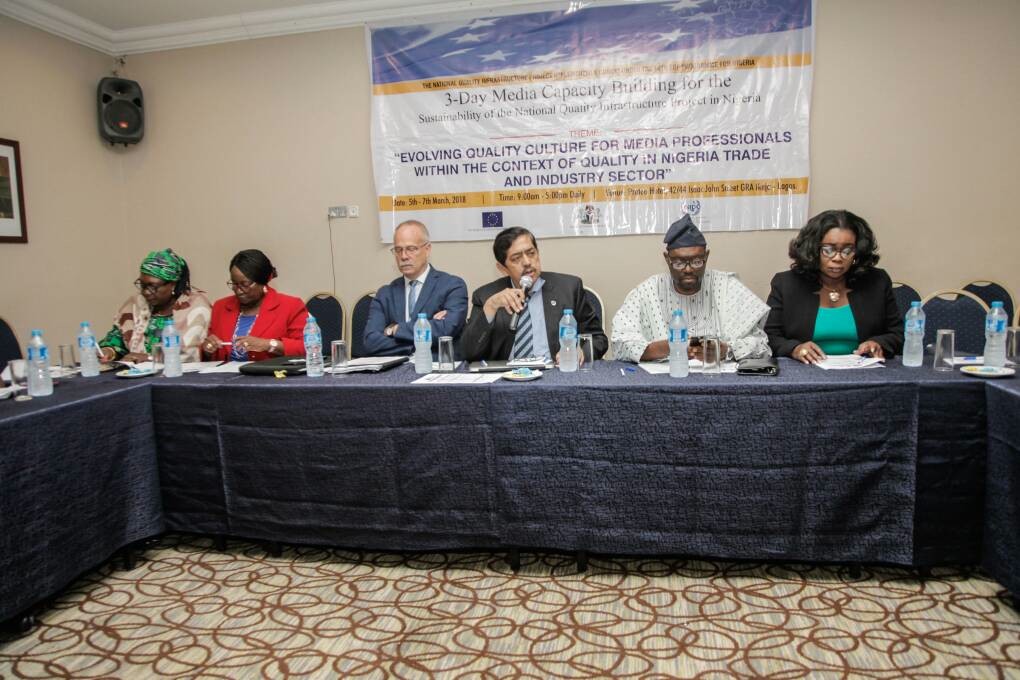 In its efforts at encouraging the culture of quality in Nigeria and to sustain the gains it has recorded over the years when it eventually ends the project in July 2018, UNIDO has embarked on 3-day media capacity building for the sustainability of the National Quality Infrastructure Project. The training which began in Lagos yesterday brought together Journalists from the print, electronic and the New media.
In its efforts at encouraging the culture of quality in Nigeria and to sustain the gains it has recorded over the years when it eventually ends the project in July 2018, UNIDO has embarked on 3-day media capacity building for the sustainability of the National Quality Infrastructure Project. The training which began in Lagos yesterday brought together Journalists from the print, electronic and the New media.
Earlier in his welcome address, UNIDO NQIP Chief Technical Advisor, Dr. Shaukat Malik said the project which began in 2014 was aimed at enhancing quality of Nigerian products adding that certification is an essential ingredient in penetrating the international market. According to him, non-certification of Nigerian products is not in the best interest of the exporters and indeed the country.
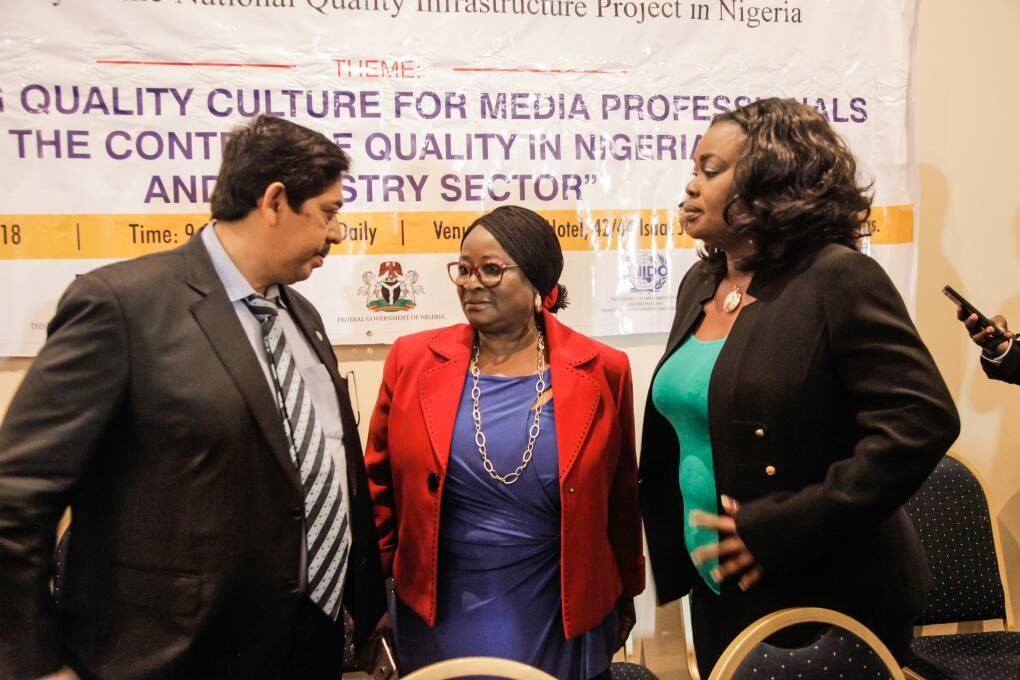
To address the problem, he challenged the media to create awareness on the importance of quality of goods produced in the country for home consumption and exportation.
“ If a certain food is not safe for consumption in Europe or any part of the world, it is also not safe for consumption in Nigeria. The media has the responsibility to let the public know about this’’
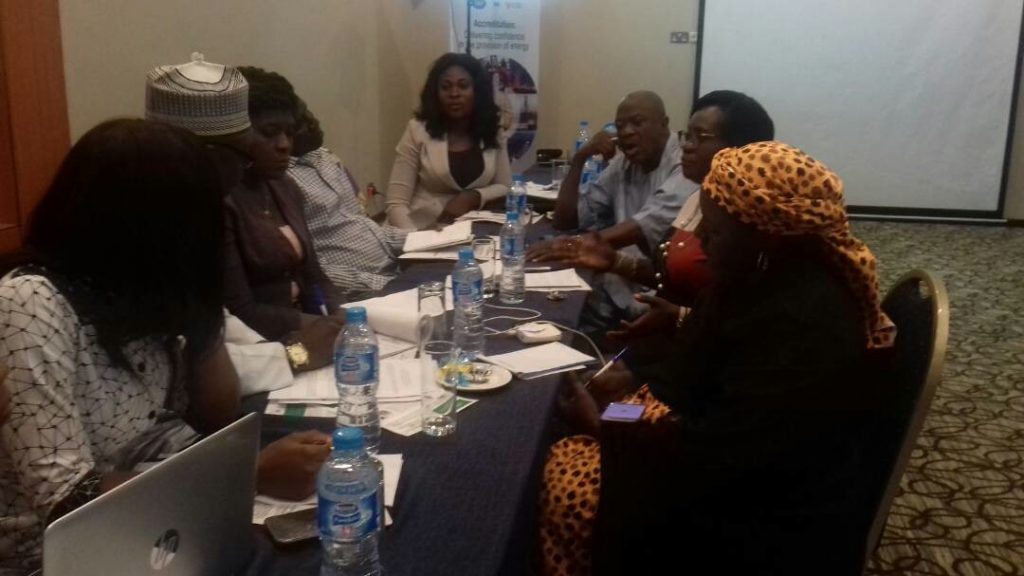
While canvassing for best agricultural practices in Nigeria, the Advisor said his organization had been training those involved in production value chain with the aim of making their products appeal to the international market.
In her remarks, the President of Nigeria Guild of Editors, Funke Egbemode disclosed that Editors in Nigeria would support UNIDO in its efforts at ensuring quality of products in Nigeria. She however observed that the media is in business stressing that it should be treated like an industry and be supported for better performance.
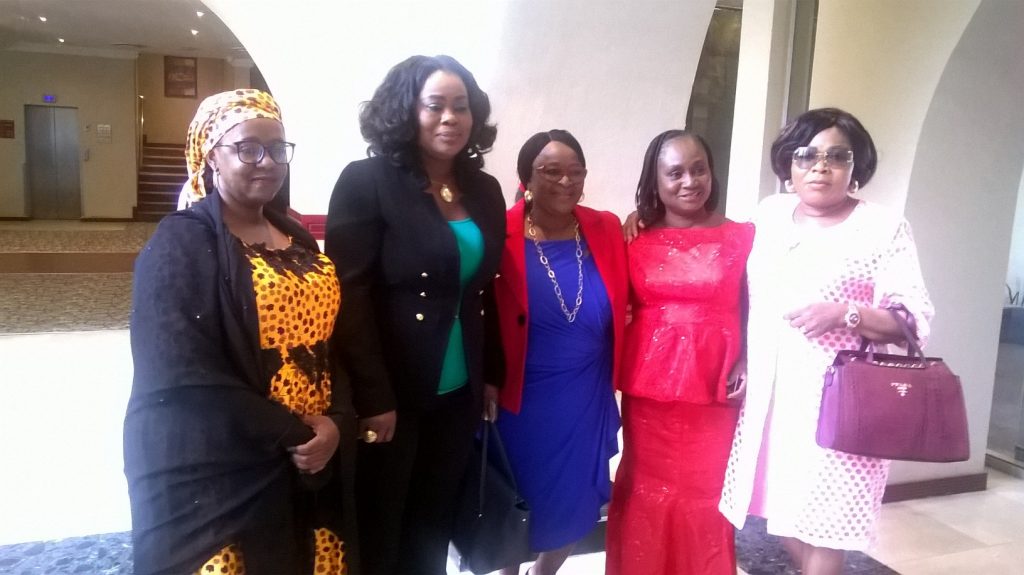
According to her “ the media needs all the support to be able to do investigative stories, but if there is no support, this task might be difficult’’
Also speaking at the opening of the training, the Chairman of Lagos State Council of Nigeria Union Journalists (NUJ) Dr . Qasim Akinreti while stressing the importance of the capacity building, noted that Journalists as the mirror of the society must understand the key sectors of the economy so that they could inform the public from the position of knowledge.
He commended the UNIDO NQIP Publicist, Moji Makanjuola for being a good Ambassador of media practitioners in Nigeria . The NUJ Chairman said such capacity building must be sustained in the interest of the nation.
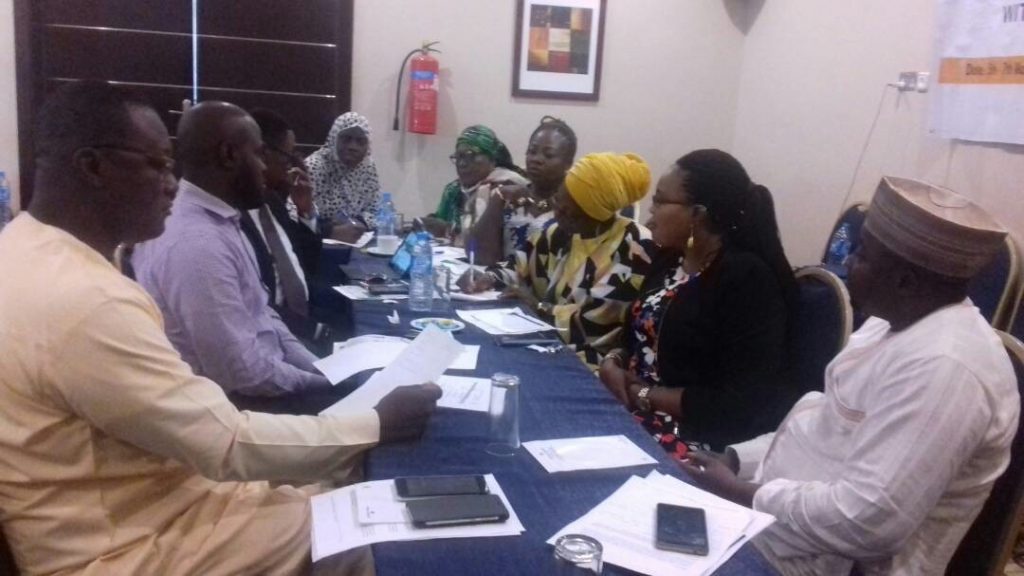
UNIDO Publicist, Moji Makanjuola speaking on the objectives of the training said potential for trade in other commodities, other than oil has always been huge for Nigeria.
She however observed that agreements of the World Trade Organization and other international agencies have effected remarkable increase in intercontinental trade out of which Nigeria is losing out.
Her words: “The big question is why is it so, another question that follows is should it be so, can the status quo change, can Nigeria hitch its trade wagon to the rising star of international trade to diversify its sources of forex?’’
According to her, “ a number of media practitioners have followed the National Quality Infrastructure Project , a home based solution to many of Nigeria’s economic woes”.
She said Journalists have the responsibility to “disseminate quality, to preserve quality culture, to be vanguards of quality in the conscience of a nation striving for quality translating to better life for us all’’
Makanjuola explains further : ‘’India wants to trade over $100 million worth of beans of course it must be quality. Europe wants Nigerian beans, melon, yams etc. Nigeria’s Soya represent some of the best grade in the world but must go out as quality’’.
To the participants she said: “Posterity will judge us, judge our pen and our conscience if we allow quality to die on our watch. We must protect our standards, our consumers, and destination markets. Even our reputation and economy. All quality activities must stand scrutiny both at home and abroad.’’
Dr. Shaukat later delivered a paper on the role of UNIDO in Nigeria’s capacity to trade beyond oil. He said for every product, there must be standard.
He spoke extensively on barriers to trade and how to overcome those barriers. While revealing that Nigeria’s certification index was below 1% before UNIDO’s intervention, the Chief Technical Advisor said the nation’s certification index has grown to 6.5% and all hands must be on deck to improve on the index.
Shaukat disclosed that 10 training centres would be established in Nigeria for the purposes of sustaining the project while farmers would be trained in Good Agricultural Practices, especially how to use fertilizers and other farm inputs.
Another UNIDO NQIP expert, Stephen Cross said accreditation was important to be able to make a product acceptable at the international market adding that accreditation body must be fair and objective.
Cross said Nigeria does not have a recognized accreditation system which makes her products to be rejected at the international market adding that Nigeria may miss out of ECOWAS mark and branding if her accreditation system is not improved upon.
He disclosed that Kenya, Ethiopia, Egypt, South Africa and Tunisia have internationally recognized accreditation system. Cross however revealed that UNIDO has completed the inspection of 12 laboratories in Nigeria which would be accredited.
At the end of the 3-day capacity building, participants are expected to be better informed about the National Quality Infrastructure Project, and also report from the angle of knowledge with a view to sustaining the project.




